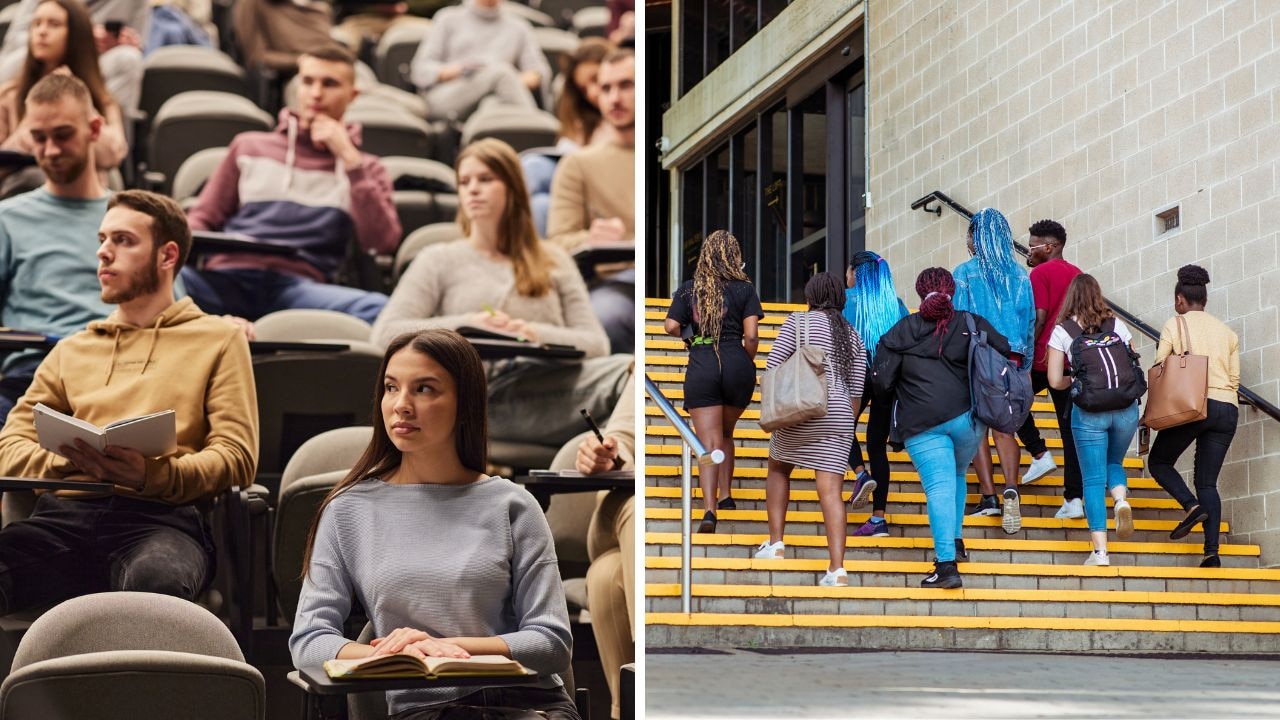‘Hot-bedding’ grows in popularity among international students in desperate move to beat rising rent
The concerning trend will only get worse to beat rising rental rates as a new rule is passed amid Australia’s cost of living crisis, hitting one vulnerable group in particular.

Business
Don't miss out on the headlines from Business. Followed categories will be added to My News.
University students in Australia are sharing beds with strangers because they cannot afford to rent a room of their own due to sky-high rental prices.
What they are doing is called ‘hot-bedding’, where people split the rent of a bedroom with strangers to use a bed that is only available for certain hours.
When one person is not in bed, someone else can use it.
It may seem strange, but it is the reality for hundreds if not thousands of international students in Australia. And there are fears more could find themselves in these bed-sharing arrangements when working caps are brought back on July 1.
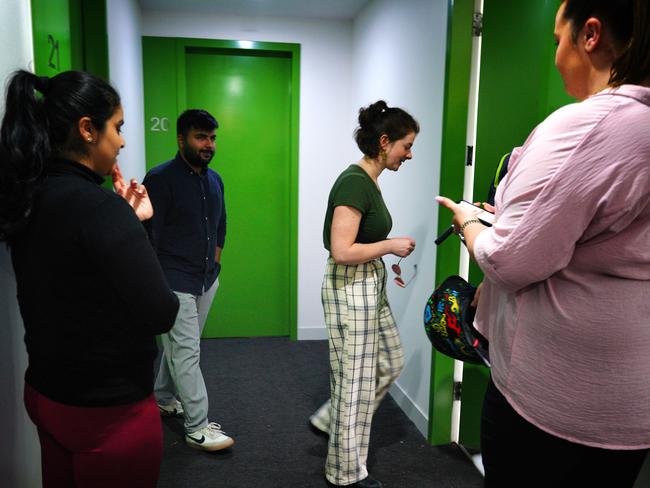
Priyanka (not her real name), a 19-year-old international student from India, splits her bedroom on the outskirts of Melbourne with a man who works nights as a truck driver.
She sleeps there at night, when he is working; and during the day, when she is out of the house, the room is his. Together, they split the $550 monthly rent for the room in a share house – which is occupied by other male truck drivers from India.
Priyanka told SBS News that Australia's eye watering living costs were a “terrible shock” when she arrived, and were never mentioned by her migration agent in India.
“It is definitely not what I expected when I first arrived in Australia,” she said, adding she sometimes struggles to afford food and transport.
And some weekends, when her roommate is not driving, she cannot sleep in her own bed.
“When he is not driving, because it’s an all-boys house, I go into the storeroom. There is a small space for a mattress and I sleep in there,” she told SBS News.
Priyanka was enrolled in a full-time nursing degree at a Melbourne university and had casual work in a warehouse, but she was stood down in March after caps on international work hours were announced.
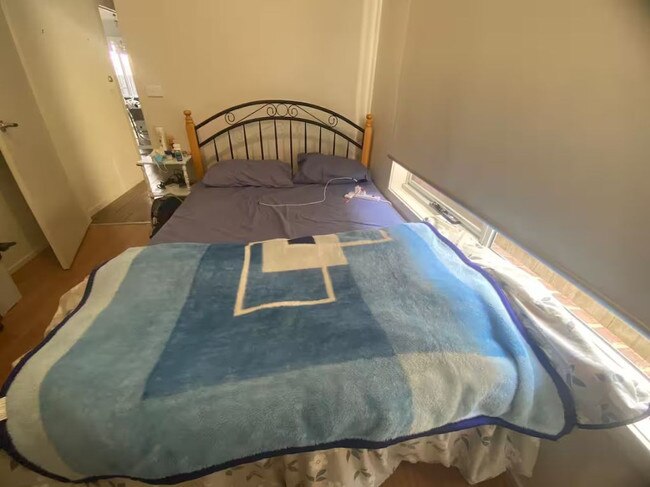
Before the pandemic, student visa holders were able to work up to 40 hours a fortnight but in January 2022 that cap was removed to allow visa holders to fill critical workforce gaps that opened in the pandemic.
From July 1, the cap will return to all sectors, except aged care, and allow student visa holders to work 48 hours a fortnight – or about three shifts a week.
The new cap is billed as a “modest increase” to help students “support themselves financially, gain valuable work experience and contribute to Australia’s workforce needs while they study”, according to the joined release from the Minister for Home Affairs Claire O’Neil, and Minister for Education Jason Clare.
But there are fears the caps will make the cost of living crisis worse for the hundreds of thousands of international students who choose to study, work, and live in Australia.

There are already concerns that the next semester’s influx of international students will put extra stress on a rental market that is already in crisis, making competition more fierce, driving rents higher, and possibly forcing more people into substandard living conditions.
There have been many stories emerge of international students sharing rooms and living in dire conditions to afford rent. But a 2021 survey of more than 7000 international students renting privately in Sydney and Melbourne found about 3 per cent of respondents were ‘hot-bedding’ to afford rent.
The University of Technology, Sydney study also found about four in ten of those students were going without meals – and this was before nearly two-thirds of them lost their jobs during the Covid pandemic.
If we can interpret that data as representative of the 571,646 international students in Australia, as of March 2023, according to Department of Education, this equates to about 17,150 students hot-bedding in Australia.
Priyanka, who has been hot-bedding for several months told SBS News about the impact is has had on her mental health.
“I am so stressed all the time, and very anxious. To not have even a peaceful place to lay my head and relax while I study feels terrible,” she said.
The 19-year-old even had to drop out of her degree, in part, because of housing stress – which she has not told her family in India about, out of worry for the stress it would cause them after all they sacrificed to send her to Australia.
She said even the money her parents budgeted for her studies – by mortgaging their house, taking out a “massive loan” and cutting back on “basic living costs” to afford her studies – have been gobbled up by rising inflation.
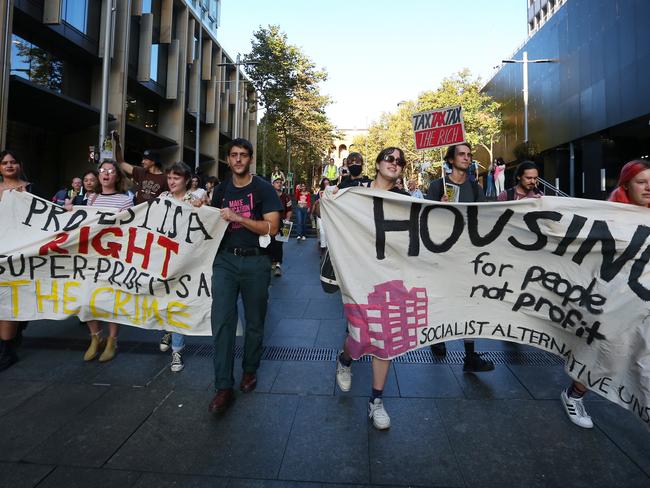
Australia’s cost of living, measured monthly by the Consumer Price Index, has risen 5.6 per cent in the year to May 2023, according to the latest data from the Australian Bureau of Statistics.
While that number is the smallest increase to inflation in 13 months, the most significant price rises came from housing (up 8.4 per cent in the last year). Rents have risen 6.3 per cent nationally over the past year.
The median rental price in the capital cities sits at $500 per week – or $1000 a fortnight – an increase of 11.1 per cent over the 12 months to March 2023.
Meanwhile, an international student earning an hourly minimum wage (which is $21.38 in Australia) could earn up to $1026.24 per fortnight (working 48 hours as per the cap) – which can change based on their work.
At that rate, an international student like Priyanka, who will start a new degree in the coming weeks and is looking for a new job, is left with little more than $13.12 to live on every week.
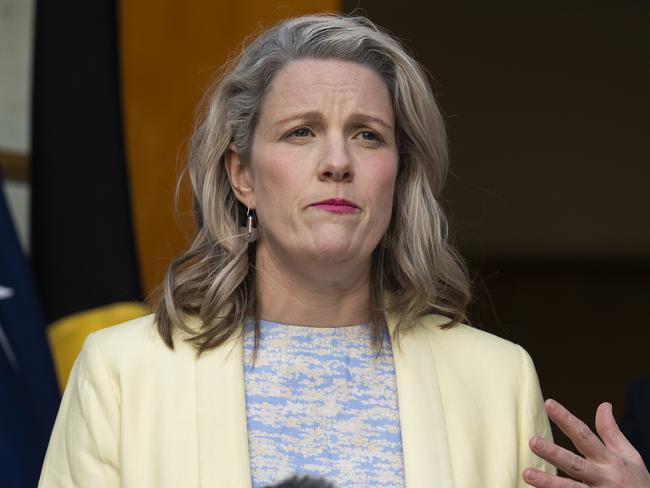
But Home Affairs Minister Clare O’Neil has reiterated her belief that the government has found the right balance on the increased cap, saying visa-holders “are either here as students or they are here as workers”.
“They have come here on a student visa and they are meant to be getting a good quality education here in our country and they are not going to be able to do that if they‘re working full time. That’s why the rule has existed before,” she told ABC Radio Melbourne.
“I do not think too many Australians are going to love the idea of people coming here as international students and effectively using that as a pathway to becoming a full-time worker in our country,” she continued, adding it was “not an appropriate use of a student visa”.
Continue the conversation. Get in touch – georgina.noack@news.com.au
Originally published as ‘Hot-bedding’ grows in popularity among international students in desperate move to beat rising rent

